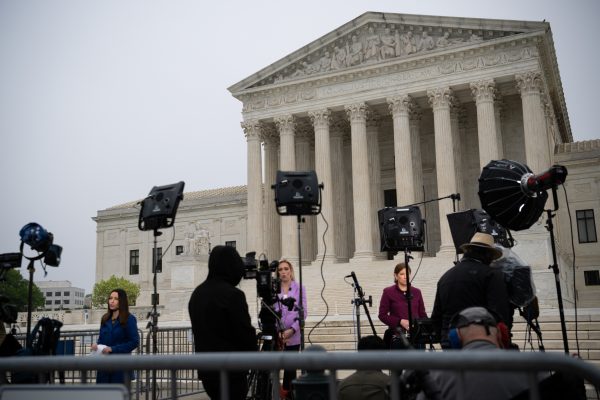The front lines are found in France, the first country to implement the new rules requiring tech platforms to pay publishers for the right to display their news content online. French media regulators last year fined Google €500 million for “not negotiating in good faith.” In response, the search engine agreed this month to pay €20 million a year to 80 magazine publishers. Earlier, Facebook reached a similar agreement to pay French publishers.
Expect hostilities to spread. After years of ferocious lobbying, Europe passed a new copyright directive in 2019. Although EU member states were supposed to adopt the new rules by July 2021, 15 EU countries are yet to comply – and the others face challenges in applying the new rules. Once the new rules are “transposed” into local law, publishers enjoy a legal right request payment for linking to their content. Negotiations, often always contentious – are poised to get underway around the continent.
For traditional publishers, the conflict is often existential. The web has devastated paper print businesses, decimating their classified and display advertising. Publishers see payments from rich Silicon Valley platforms as a way of recouping financial viability. In Europe, many have become dependent on public funding to stay afloat.
Google and other platforms retort that they provide visibility and readers to publisher content. Many European small publishers agree. They worry that the new copyright rules could give them small payments – while allowing the tech platforms to limit the visibility of their content.
Politics also comes into play. Democracies need a strong, independent press. While declining advertising revenue has dented the financial stability of the publishers, they still hold political clout – and politicians would rather not antagonize them.
/
Spain and Germany illustrate the tug-of-war.
In 2013 Berlin passed legislation, called the Ancillary Copyright Law, allowing publishers to request payment to show snippets of their content. A group of 200 publishers demanded €1 billion. Google refused. Although publishers soon backtracked and asked to be put back into the platform’s search results, they took Google to court – only to see the European Court of Justice ruled against them.
In 2014, Madrid imposed its own “link tax,” aiming to get Google to pay publishers. Instead, the search engine shut Google News in Spain, causing a significant drop in newspaper traffic. Small Spanish publishers worst hit spent years trying to get the government to reverse course. Google News returned to Spain late last year because the new copyright law allowed publishers to negotiate directly with platforms.
Google and Facebook now need to go country-by-country to negotiate deals with local publishers (as no true single market exists in a continent with multiple languages). Insiders say they don’t know how much the platforms end up paying – it could be significant or pocket change.
Payment schemes must be approved by regulators. Whenever the publishers refuse an offer, the platform faces with one of three options: renegotiate, settle the dispute with the help of local authorities or cease to distribute the publisher’s content. The accepted length of a “very short excerpt” remains unclear.
Instead of incentivizing the production of quality journalism, critics fear the payments could encourage the production of low-quality pieces if the number of published articles become a key factor in determining payments. If the payment goes too high, Google, Facebook and others might be tempted to decide that posting a publisher’s content is just not worth the cost, limiting the outlet’s reach and operation.
Platforms acknowledge that they need quality journalism to fill their searches and newsfeeds, but they fear propping up high cost, little read articles. Internally, they have conducted studies which show that much news is duplicated and that the disappearance of less competitive outlets would not lead to readers missing coverage of significant events.
The platform-press tussle colored the final negotiations for Europe’s landmark Digital Markets Act, designed to reign in Silicon Valley gatekeepers. At last moment, publishers lobbied for the inclusion of a proposed amendment that would have obliged search engines and social networks to offer uniform payments for press snippets. It was rejected.
Despite this setback, the battle looks likely to continue. Publishers are again pushing to include what former Pirate Party MEP Felix Reda calls a “must-carry-must-pay” clause in the upcoming European Media Freedom Act.
Europe’s new copyright rules were designed to support the free press. Instead, they may end up damaging it: limiting the freedom of both outlets and platforms, forcing small publishers to enter negotiations they might not want, and by subsidizing money losing publications.
Otto Lanzavecchia is an Italian journalist currently writing for Formiche.net and Decode39. A City, University of London alumnus, he focuses on international affairs, technology, and the ecological transition.
Bandwidth is CEPA’s online journal dedicated to advancing transatlantic cooperation on tech policy. All opinions are those of the author and do not necessarily represent the position or views of the institutions they represent or the Center for European Policy Analysis.





